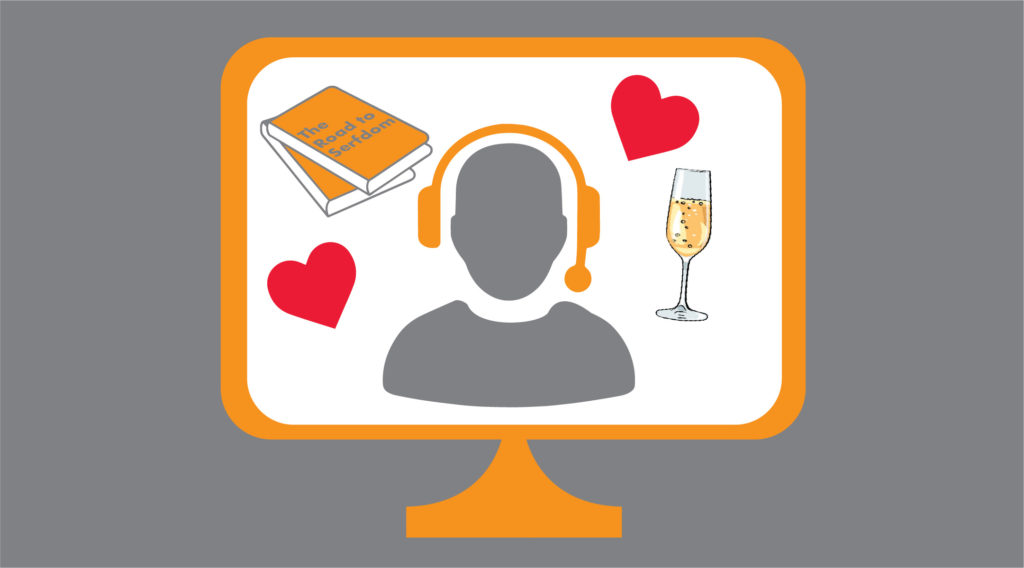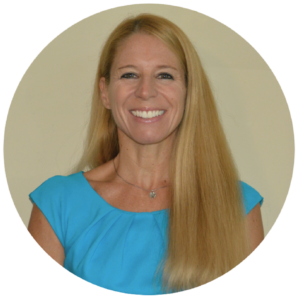After all, it’s the only social media site that should look more like your resume than a complete photo journal of you doing goat yoga or the arugula and beet salad you made for Thursday night’s dinner.
So here are Talent Market’s answers to the ten most common questions we get about LinkedIn:
- Do I need a LinkedIn profile?
If you’re a professional who is not in the Witness Protection Program, you should probably have a LinkedIn profile. Can you survive without it? Of course. But a profile can help you in myriad ways (see #2!), so it’s a good idea to have one. - How is LinkedIn beneficial?
First, it is one of the best professional networking tools out there. With just a few clicks, you can find almost anyone you want and learn more about their professional background. You can search by name, location, employer, school, group, and more. The site will also keep you informed about friends and associates who have switched jobs, gotten promoted, gone back to grad school, moved across the country, etc.
Second, LinkedIn can be an incredible resource for job seekers. Not only do employers post jobs on LinkedIn, but they also actively recruit for talent on the platform.
Third, LinkedIn is a great place for sharing professional insight and resources. You can find valuable posts and articles on any work topic imaginable.
Lastly, LinkedIn is a great resource for finding allies, partners, and contractors who can provide valuable skills to you and your organization. - What information should I include in my profile and how long should it be?
Your LinkedIn profile should contain all of the information you want your professional network to see, which will probably include the information on your resume. But remember you can add more detail if you want, as the one-page resume rule is out the window for LinkedIn profiles! Are there specific skills or experience you want to highlight? Are there items you had to cut from your resume that might be attractive to a potential employer? Do you want everyone to know you got second place in a logrolling competition and are now Vice President of the Log Rollers of North Dakota? The world is your oyster! - Do hiring managers inspect candidates’ LinkedIn profiles? If so, what are they looking for?
YES! You should operate under the assumption that all potential employers are going to check out your LinkedIn profile. So, make sure it’s Deion Sanders level ready for prime time before applying for jobs.
Hiring managers might visit LinkedIn to confirm that the information there is consistent with what they see in your application. They also might want to learn more about you. What does your network look like? Do you and the hiring manger share any common connections? What other experience do you have that isn’t included in your resume? - What are the biggest mistakes people make on their LinkedIn profiles?
-Outdated work history. Having up-to-date information is especially important if you are on the job market. You never want a potential employer to be confused about your current situation.
-Incorrect contact information. I cannot tell you how many times I’ve tried to reach out to someone about a job opening using his/her LinkedIn contact information only to find the information is out of date. Talk about missed opportunities!
-Inconsistency. Make sure your job titles, dates of employment, and work history are consistent with your resume. Otherwise, people may think you are trying to hide something.
-Unprofessional picture. I recently saw a LinkedIn profile pic in which the woman was wearing a flowered halo and longingly touching a tree in the forest. You could almost smell the pachouli. As appropriate as this photo choice is for someone auditioning for a role in A Midsummer Night’s Dream, it’s suboptimal in pretty much every other context. Lesson? Invest in a professional headshot! I promise it’s worth it. Or, at the very least, use a semi-professional photograph of yourself (i.e. no flower halos). - Is there any value to the endorsed skills and recommendations?
Let’s be honest: the endorsed skills section has more fluff than Mike Lindell’s My Pillow. Case in point, 94 gentle souls have endorsed me for “research”. I may have some mad skillz, but research is not one of them (unless you count looking up a contact’s connections on LinkedIn, of course). Since most people recognize the endorsed skills are questionable at best, this section likely won’t provide much value for you.
As for the recommendations, they tend to carry a bit more weight since they require a modicum of effort on the author’s part. But there’s also an awareness that recommendations can be written by people who may not really understand your skills and experience and/or are tit for tat (Bob, write me a solid recommendation and I’ll do the same for you). Finally, the weight of a recommendation is directly tied to the reader’s knowledge of the person who is giving it. For instance, if a hiring manager sees that the CEO of a major think tank has given a glowing recommendation for Bob, that might be impressive. But a recommendation given by Bob’s former frat brother whose last work experience with Bob was planning a blow-out kegger….not so much. - Should I accept all connection requests that come my way?
No. LinkedIn connections aren’t like Pokémon; you don’t have to catch them all. People who send random connections remind me of the networkers who think that if they collect 20 business cards at one happy hour, they are doing it right (spoiler alert: they aren’t). Curate your connections on LinkedIn so that your feed will be filled with people you genuinely want to be in your network. That way, when you sign into your LinkedIn, it will be filled with information that is useful and applicable to you. And, this isn’t a competition. Once you reach 500 connections, your profile will just read “500+” to the world anyway. - What about LinkedIn messages? Do people read them? Should I send them?
The best answer is that people almost never read their messages with the same frequency that they read email. Given that, if you want to get in touch with someone, the best strategy is to email them directly. LinkedIn messaging should only be used as a last resort if you cannot find the person’s email address.
If you do message someone on LinkedIn, understand that this is NOT the preferred method of communication for most professionals. In fact, you’ll probably end up annoying a hiring manager if you message them on LinkedIn instead of emailing them directly. Or, perhaps most likely, they may never even see your message! So, proceed with caution! - I see that some people have an introductory paragraph in the “About” section. Do I need that or should I just launch into my experience as I would with a resume? There are no hard and fast rules here. If you would like to have one, go for it. A quick overview of yourself isn’t a bad idea on your LinkedIn, but remember just to be yourself and to keep it brief.
- How often should I log into LinkedIn?
For any platform to be useful, you have to put time into it. If you are on the job hunt and actively seeking opportunities and connections via LinkedIn, sign in daily. But, for those who are just keeping up with their network through LinkedIn, once a week or so is probably plenty. Like most things, you get out of it what you put into it. Also, be sure to adjust your settings so that you receive email notifications about LinkedIn activities. That way you don’t have to sign in on the reg.
P.S. Keep the questions about LinkedIn coming! But please don’t send us questions (or photos) about goat yoga!








